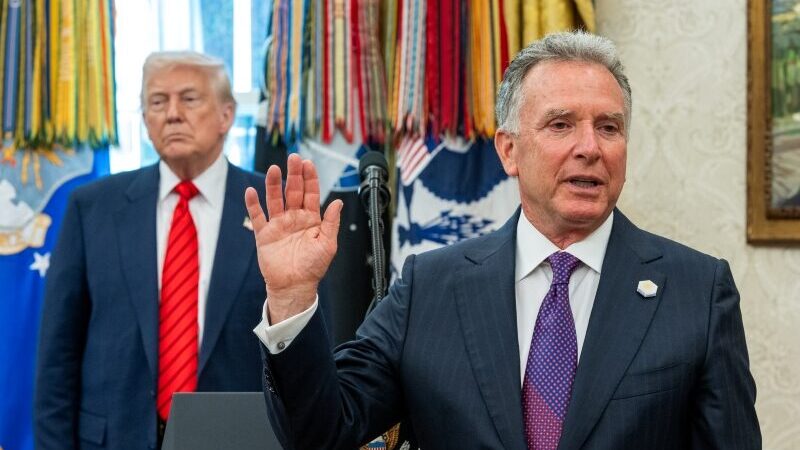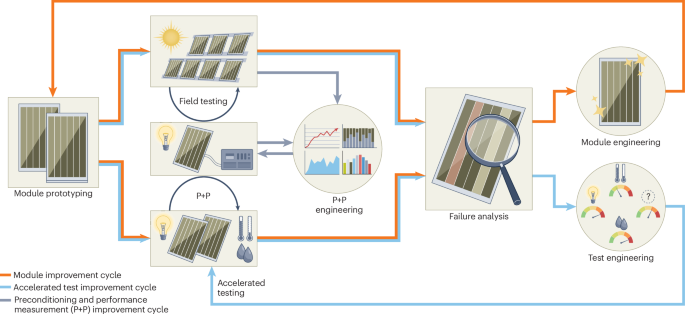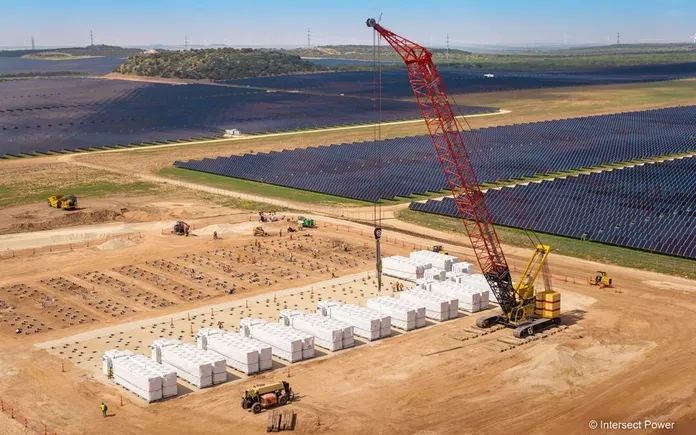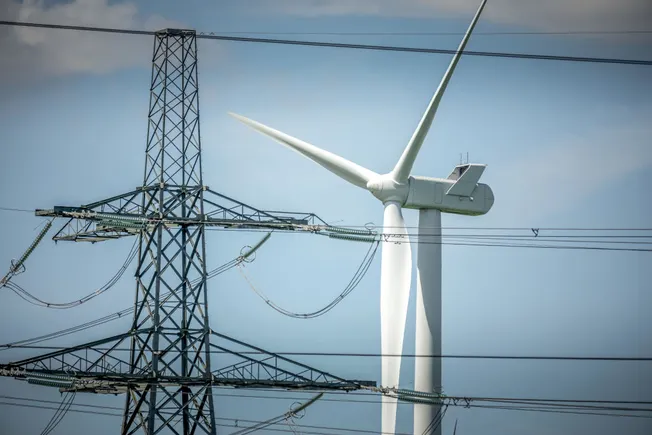Top Five Takeaways From the 2025 Proxy Season
Introduction The 2025 proxy season unfolded amid political pressure and regulatory change. A new administration brought a significant shift in the regulatory environment, with revised SEC guidance on Regulation 13D/13G beneficial ownership rules dampening some investor engagement activity. In addition, changes to the SEC’s 14a-8 “no-action” process led to a 30% decline in the number […]

Diana Lee is a Senior Vice President, Martha Carter is the Vice Chairman & Head of Governance and Sustainability, and Sydney Carlock is a Managing Director at Teneo. This post was prepared for the Forum by Ms. Lee, Ms. Carter, Ms. Carlock, Matt Filosa, and Sean Quinn.
Introduction
The 2025 proxy season unfolded amid political pressure and regulatory change. A new administration brought a significant shift in the regulatory environment, with revised SEC guidance on Regulation 13D/13G beneficial ownership rules dampening some investor engagement activity. In addition, changes to the SEC’s 14a-8 “no-action” process led to a 30% decline[1] in the number of shareholder proposals voted related to environmental, social, and governance issues.
Given this regulatory and political backdrop, here are our top five early takeaways from the 2025 Proxy Season.
1. Support for environmental proposals from both proxy advisors and investors sharply declines. ISS opposed every environmental proposal in both the S&P 500 and the Russell 3000 this proxy season, a dramatic reversal from 2024. Last year, the proxy advisor backed more than half of the environmental proposals voted at S&P 500 companies. Most environmental proposals sought additional disclosure GHG emissions targets and climate-related risk disclosures with some newer ones addressing biodiversity and nature loss. The shift comes in the wake of a broad executive order aimed at expanding domestic energy production, alongside increased scrutiny of institutional investors’ climate-related initiatives. ISS has also noted[2] improved overall corporate climate disclosures as a contributing factor. Investor support has continued to decline, dropping from 18% last year to just 11% in 2025. As in 2024, not a single proposal passed this season. While part of the drop potentially reflects overly prescriptive demands from some proposal sponsors along with more robust existing disclosures, the political and legal attacks on investors focused on climate likely further chilled their support. (more…)















































































































































